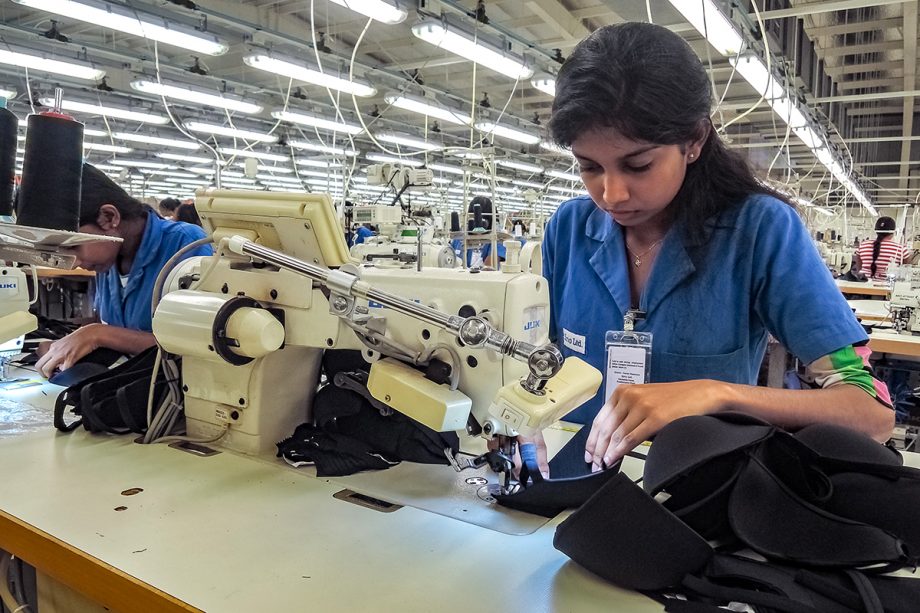Close on the heels of the COVID-19 pandemic, around 500,000 workers of 800 apparel factories in and outside Free Trade Zones (FTZ) are facing the threat of nonpayment of their wages as the brand order cancellations continue to haunt employers.
The Joint Apparel Association Forum (JAAF) foresees an immediate reduction of US$1.5 billion in Sri Lankan apparel exports during the 3-month period ending in June when compared to the last fiscal year. “However, the damage does not stop there as we expect further demand contractions that could result in a reduction of apparel exports by an additional 30 – 40 per cent after June, in a best-case scenario,” JAAF Chairman A. Sukumaran said in a statement.
A request has been made by trade unions from employers to remit the wages of employees for the month of April to their bank accounts and continue this procedure if the factories continue to be kept closed.
This appeal has been made at the meeting of Tripartite Task Force on Employment chaired by Minister of Employment and Labour Relations Denesh Gunawardena recently, Free Trade Zones & General Services Employees Union’s Joint Secretary Anton Marcus told the Business Times.
The Task force has decided with consensus that the wages should be paid for the period the factories remain closed due to the present COVID-19 outbreak.
The Labour Department has been requested to inform this decision officially to all companies including manpower agencies which have engaged their employees as contract workers in apparel factories.
Apparel factory owners have earned exorbitant profits during the last few years due to the GSP+ facility and there was no difficulty for employers to oblige the request, he said.
Referring to the attempt to cut down the workforce, he noted that it is not easy to lay off workers under the cover of COVID-19 as Sri Lankan employment laws do not allow such termination of services. “Workers have received their March wages in many cases, but in April problems may crop up as they are being forced into staying at home with no work at all,” Mr. Marcus said.
(LI)

